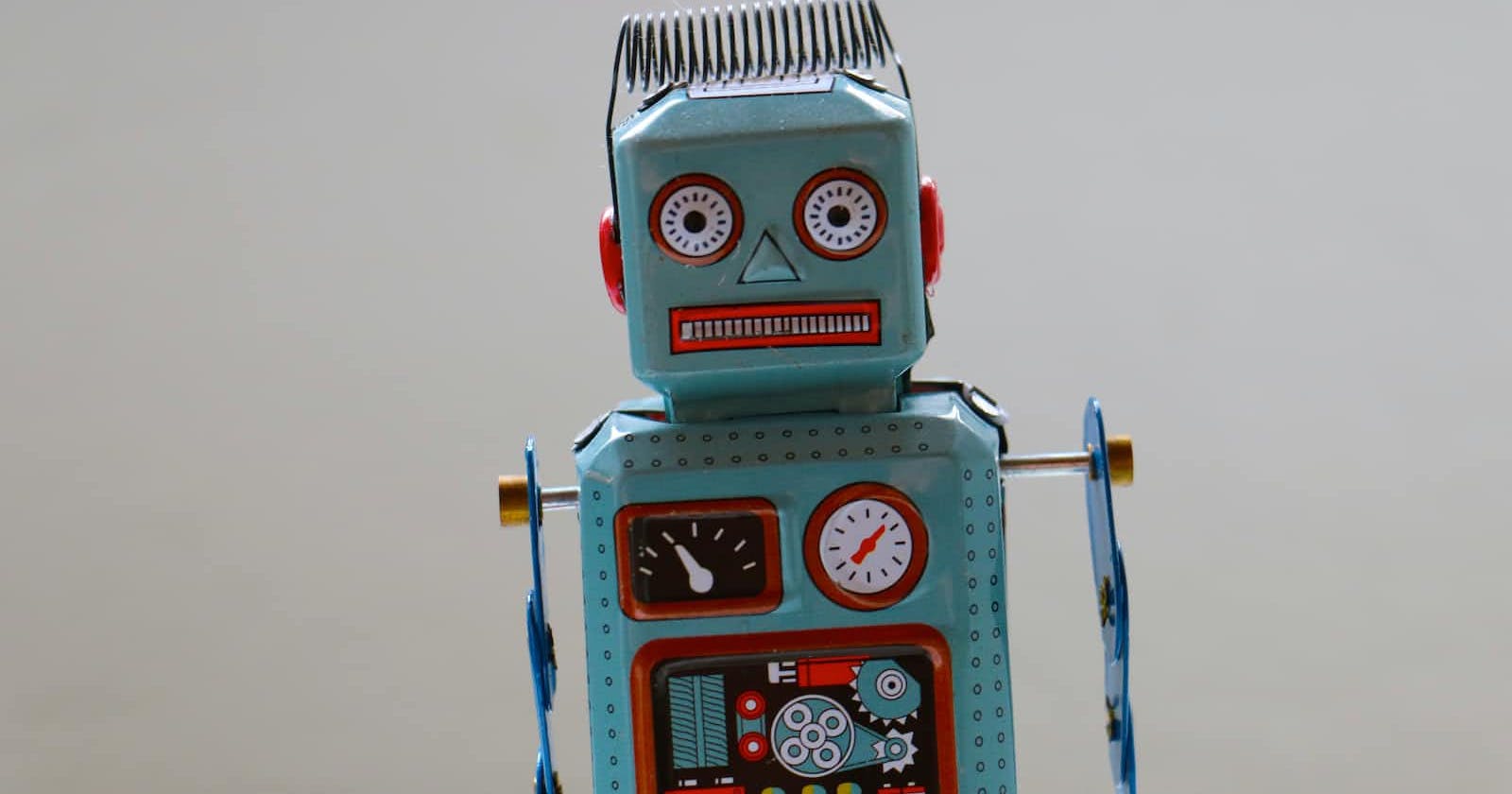The internet is an incredible tool that has revolutionized how we live our lives. It has made it possible to connect with people from all over the world, access information at a moment's notice, and complete transactions from the comfort of our own homes.
However, the ease with which we can do all of these things has also made it easier for malicious actors to exploit the system. One of the most common ways they do this is through bots, which are automated programs that can perform tasks at a much faster rate than a human can.
To prevent bots from accessing sensitive information or performing malicious actions, most websites often CAPTCHAs, which are challenges that only a human can complete. But as AI becomes more advanced, CAPTCHAs are becoming easier and easier to bypass. Researchers have found that bots can solve some CAPTCHAs with up to 99% accuracy. This means that most CAPTCHAs are no longer an effective barrier against bots.
For example, a simple program using GPT4 (with image recognition to recognize things) can easily bypass a modern reCaptacha. Plus, there are multiple CAPTCHA-solving services online. We need to find alternative captchas that are difficult to pass for bots, but easy to pass for humans.
We also have the problem of accessibility. Sound captchas are easy to pass with voice recognition software.
To address these challenges, researchers and tech companies are exploring alternative CAPTCHAs that are more secure and accessible, but this isn't easy: most captchas are easy to bypass or very difficult to implement.
Cloudflare Turnstile, for example, although a good Captcha, can be bypassed by more advanced bots. ReCAPTCHA is the same: it can be easily bypassed by an object recognition program.


